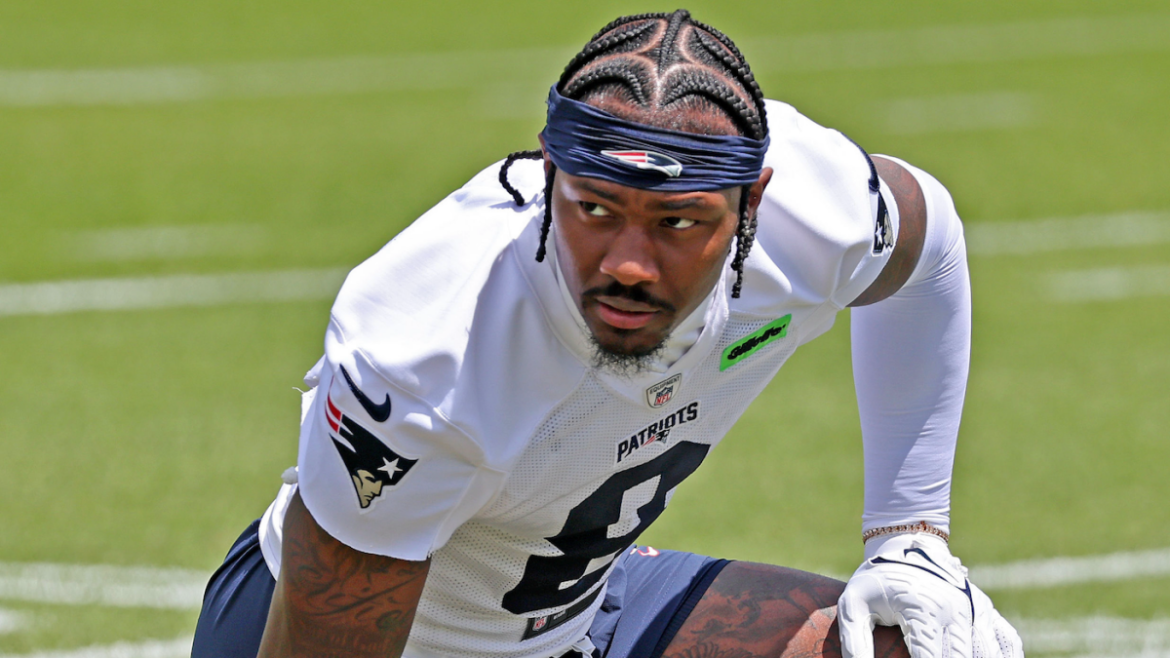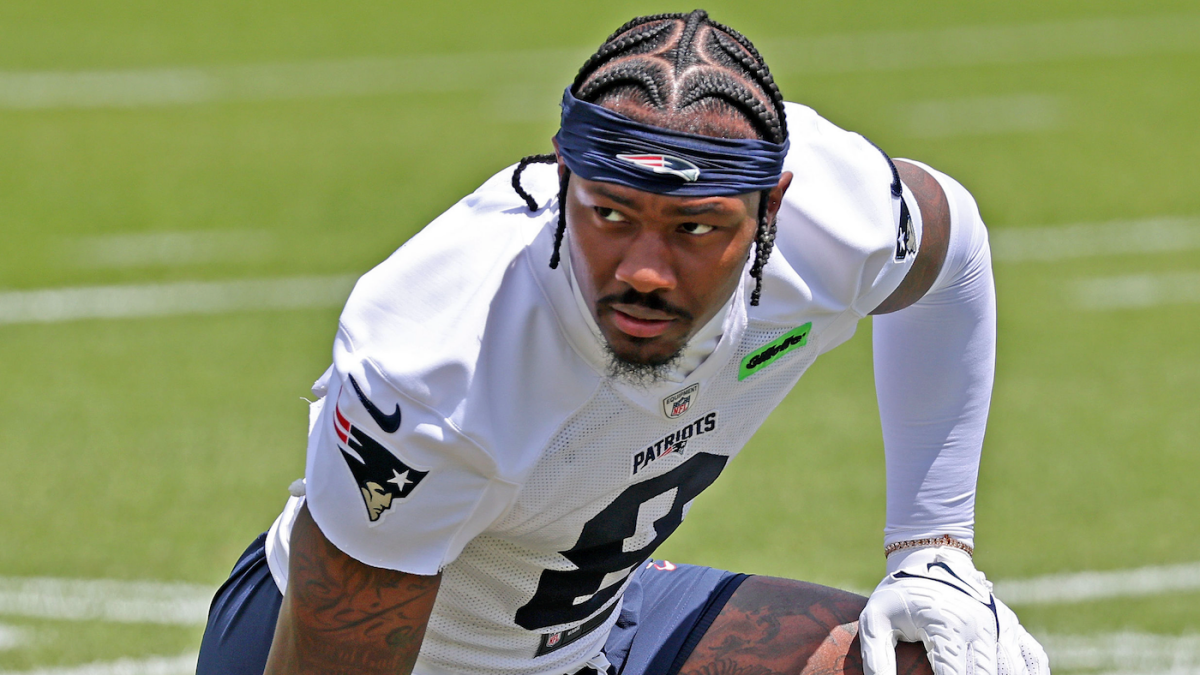Stefon Diggs’ Viral Boat Video: Navigating the Public and Private Aftermath
The recent viral video featuring New England Patriots wide receiver Stefon Diggs partying on a boat has stirred significant attention and debate. Caught on camera alongside multiple women during a Memorial Day weekend gathering, the footage has sparked speculation, media scrutiny, and a measured response from both Diggs and Patriots head coach Mike Vrabel. This report explores the incident’s public impact, the responses from Diggs and the team, and the delicate balance between athlete privacy and professional responsibility in the age of social media.
The Incident and Immediate Public Reaction
Stefon Diggs, who joined the New England Patriots in March 2025 on a lucrative $69 million contract, appeared in a video circulating widely on social platforms that showed him aboard a boat alongside three women. The scene, described by some as a party atmosphere, was met with significant fan and media interest, partly due to the presence of a mysterious pink substance that caught attention, although specifics remain unclear. The timing was notable, overlapping with voluntary offseason team activities (OTAs), some of which Diggs missed.
The video quickly became controversial, questioning Diggs’ off-field judgment and raising concerns about the potential implications for team dynamics and his public image. The Patriots, known for emphasizing discipline and professionalism, found themselves addressing the issue not only internally but in a public setting.
Stefon Diggs’ Response: Guarded and Private
Diggs chose a reticent approach when addressing the viral video. At a press availability session, he broke his silence but maintained a firm boundary regarding the nature of his private life. Despite repeated questions about the details—such as the pink substance seen in the video—he declined to elaborate, emphasizing a preference to keep personal matters internal and separate from his professional narrative.
This guarded stance aligned with Diggs’ message that conversations about the incident with head coach Mike Vrabel remain confidential. He communicated a desire to be candid while protecting the intimate aspects of his life from public dissection, which reflects a modern athlete’s challenge of maintaining privacy amid omnipresent media scrutiny.
Mike Vrabel and the Patriots’ Official Position: Awareness Without Disclosure
Coach Mike Vrabel publicly acknowledged awareness of the video and stated the Patriots’ commitment to supporting positive decision-making both on and off the field. However, Vrabel refrained from disclosing specifics about any conversations with Diggs or potential disciplinary considerations, underscoring the confidentiality of internal team matters.
Vrabel’s approach balanced acknowledging public concern while deflecting speculation. He praised Diggs’ energy and contribution during team workouts, signaling a focus on performance and professionalism despite off-field distractions. The coach’s emphasis on “any conversations” being private hints at an organizational culture aiming to handle these incidents discreetly rather than embroiling the team in prolonged public controversy.
Wider Implications: Athlete Conduct, Media, and Fan Perception
This episode illustrates the tensions athletes face in the digital age: their every action can be instantly broadcast and interpreted globally, often divorced from context. Diggs’ decision to keep details internal may be perceived by some fans as evasive, while others appreciate the effort to separate professional responsibilities from private life.
For the Patriots, the situation tests how professional sports organizations manage off-field behavior scrutiny, particularly with high-profile and well-compensated players. Balancing accountability with privacy becomes a complex act, especially when viral content can influence sponsorships, fan support, and team morale.
The incident also spotlights social media’s role in shaping narratives rapidly and dramatically — one video can redefine public perception within hours. It reflects a larger pattern of athlete scrutiny that calls for refined media literacy among fans and thoughtful responses from teams navigating reputational risks.
Conclusion: Navigating the Crossroads of Privacy and Professionalism
Stefon Diggs’ viral boat video saga is both a cautionary tale and a case study in modern sports culture. His firm boundary to keep personal matters “internal,” alongside Mike Vrabel’s prudent acknowledgement without detail, underscores the precarious balance athletes and teams strike between transparency and privacy. While the video’s viral spread raised eyebrows, the disciplined, measured responses suggest a maturity in handling off-field controversies.
The Patriots appear poised to focus on Diggs’ contributions on the field, hoping that performance under the spotlight of New England’s intense football culture can, in time, overshadow the fleeting spectacle of social media moments. For Diggs, this episode may serve as a reminder of the heightened scrutiny that comes with professional stardom—but also the power of discretion and controlled narrative in preserving one’s reputation amidst the noise.





